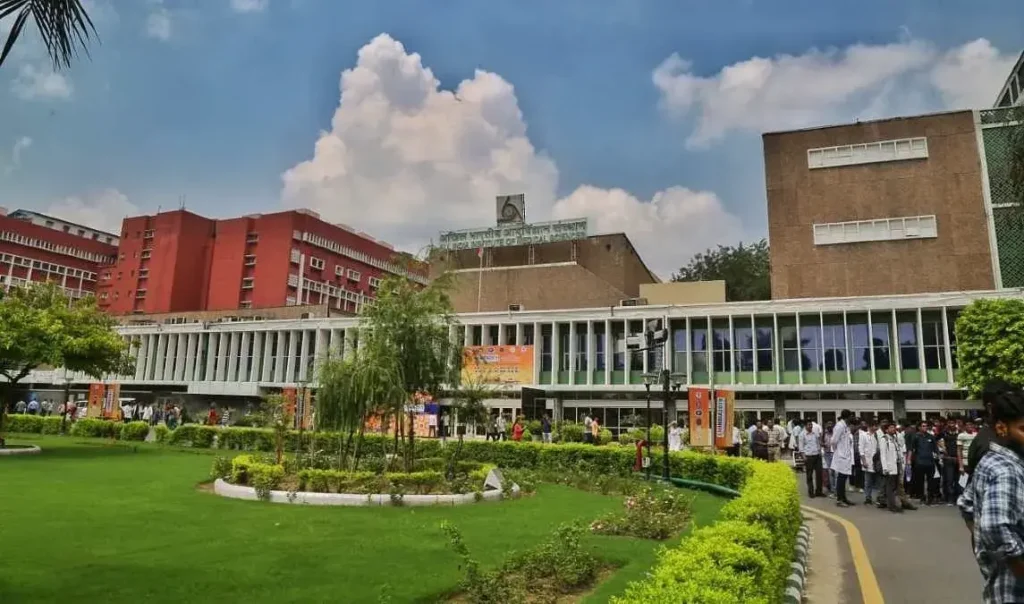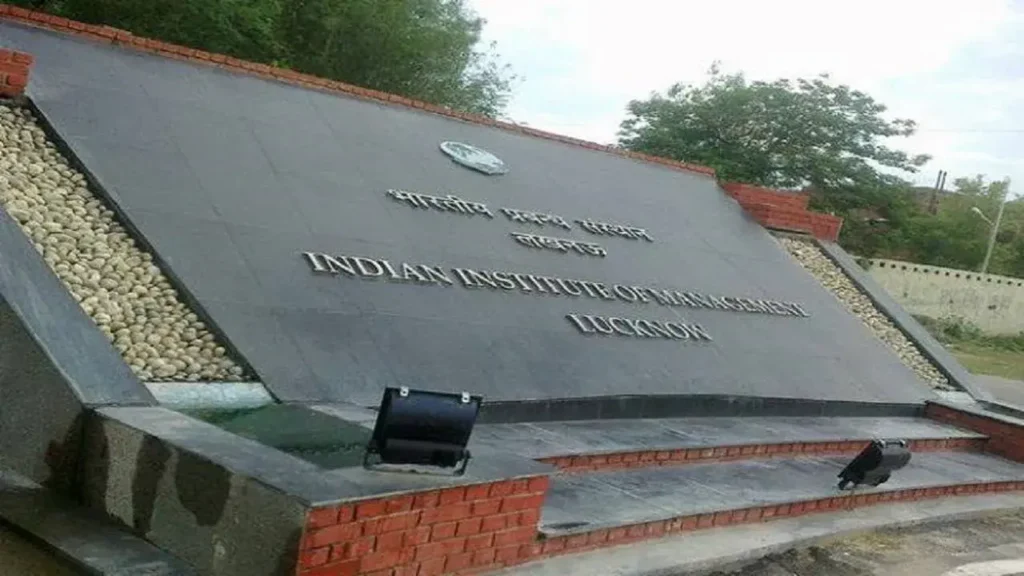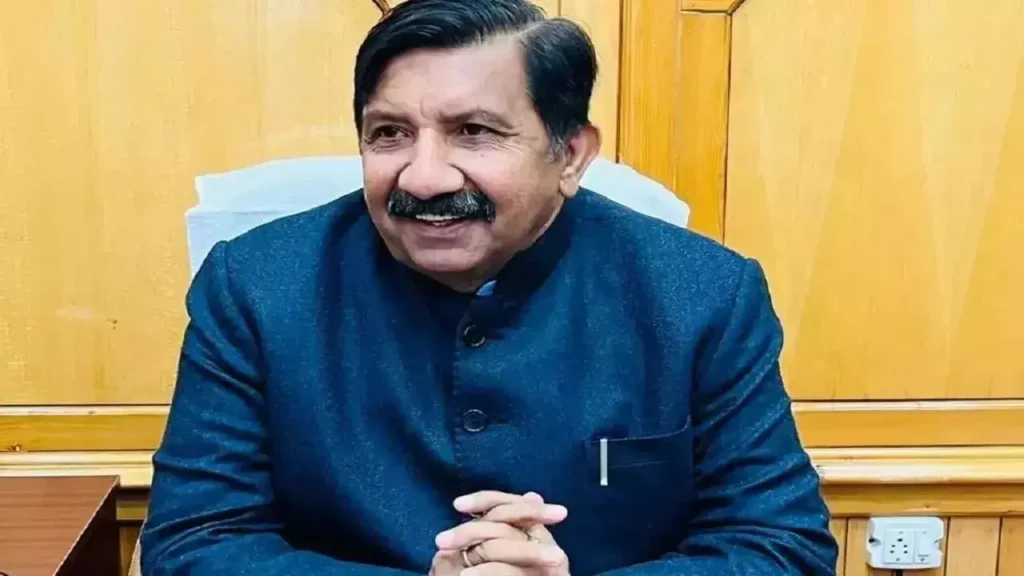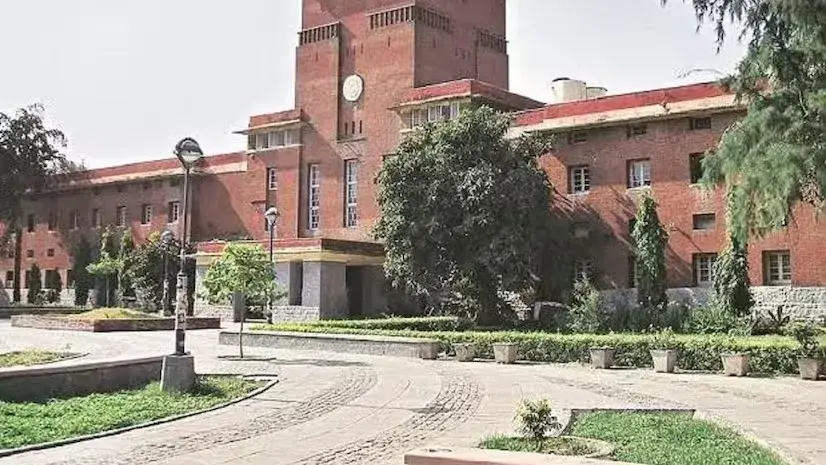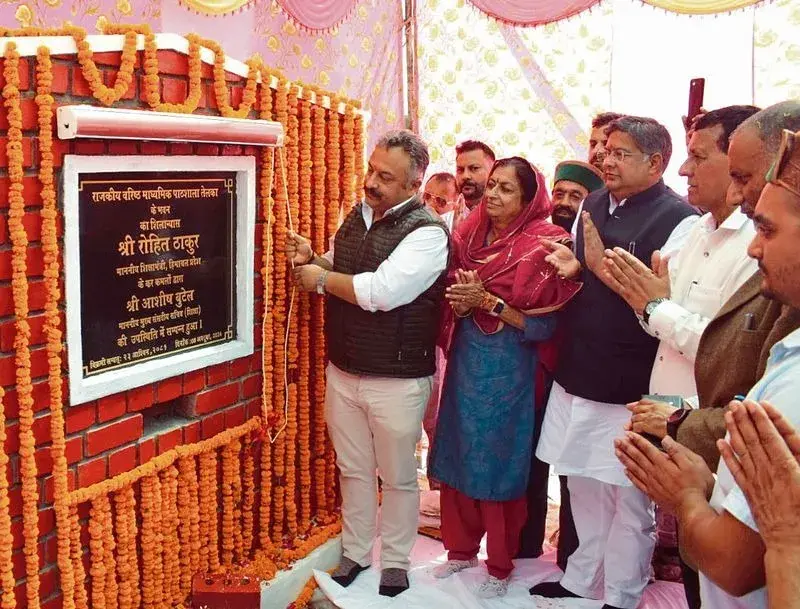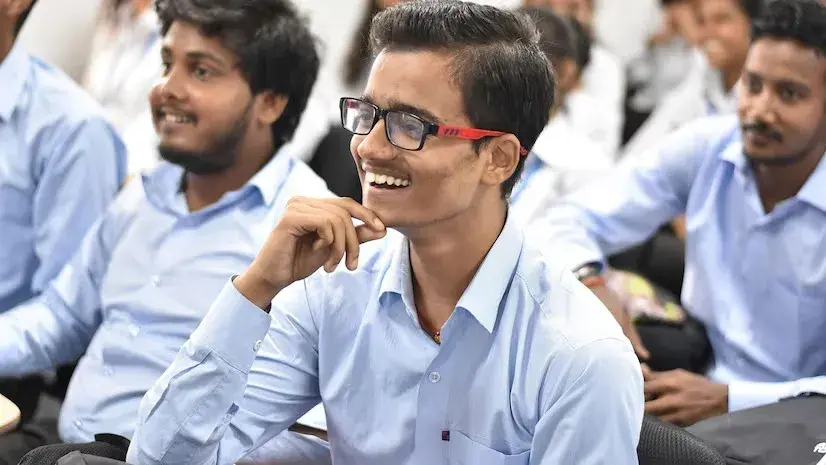University of Wollongong Launches Inaugural Scholarships and Advanced Courses at New India Campus in GIFT City
Australia’s University of Wollongong (UOW) has become the second foreign university to establish a campus in India’s GIFT City, Gujarat, and has officially commenced classes, offering unique scholarships for its inaugural batch. All full-time students enrolled in the first batch are eligible for “InAugural Scholarships,” which include a 50% tuition fee waiver for Masters and Masters Extension students and a 25% waiver for Graduate Certificate students in their first trimester. According to Nimay Kalyani, director of UOW India, the scholarships are designed to support the initial group of students as they begin their academic journey at the institution. Kalyani added that the university will continue to introduce additional scholarship programs, with the “Women Leaders in FinTech” scholarship set to launch in November 2024. This initiative provides three top Indian students with a 50% tuition fee reduction across the program duration, with the final trimester offering a 100% waiver. UOW India’s academic focus is on high-demand fields such as IT, STEM, business, and FinTech, with plans to broaden its course offerings in response to India’s educational needs. Faculty includes both local experts and international instructors from UOW’s campuses in Australia and Dubai. The university also announced a corporate collaboration with IBM, which offers students advanced training in artificial intelligence, cybersecurity, blockchain, and more through IBM’s Innovation Centre for Education (ICE). This partnership ensures UOW India’s students receive industry-relevant skills and exposure to global job markets, with IBM ICE providing access to in-demand technical resources and courses tailored for industry readiness. “This collaboration aims to equip our students with essential skills, internships, and career pathways across sectors ranging from multinational corporations to entrepreneurial ventures,” Kalyani shared, emphasizing UOW India’s commitment to fostering a skilled workforce ready for global opportunities. Source: Financial Express



